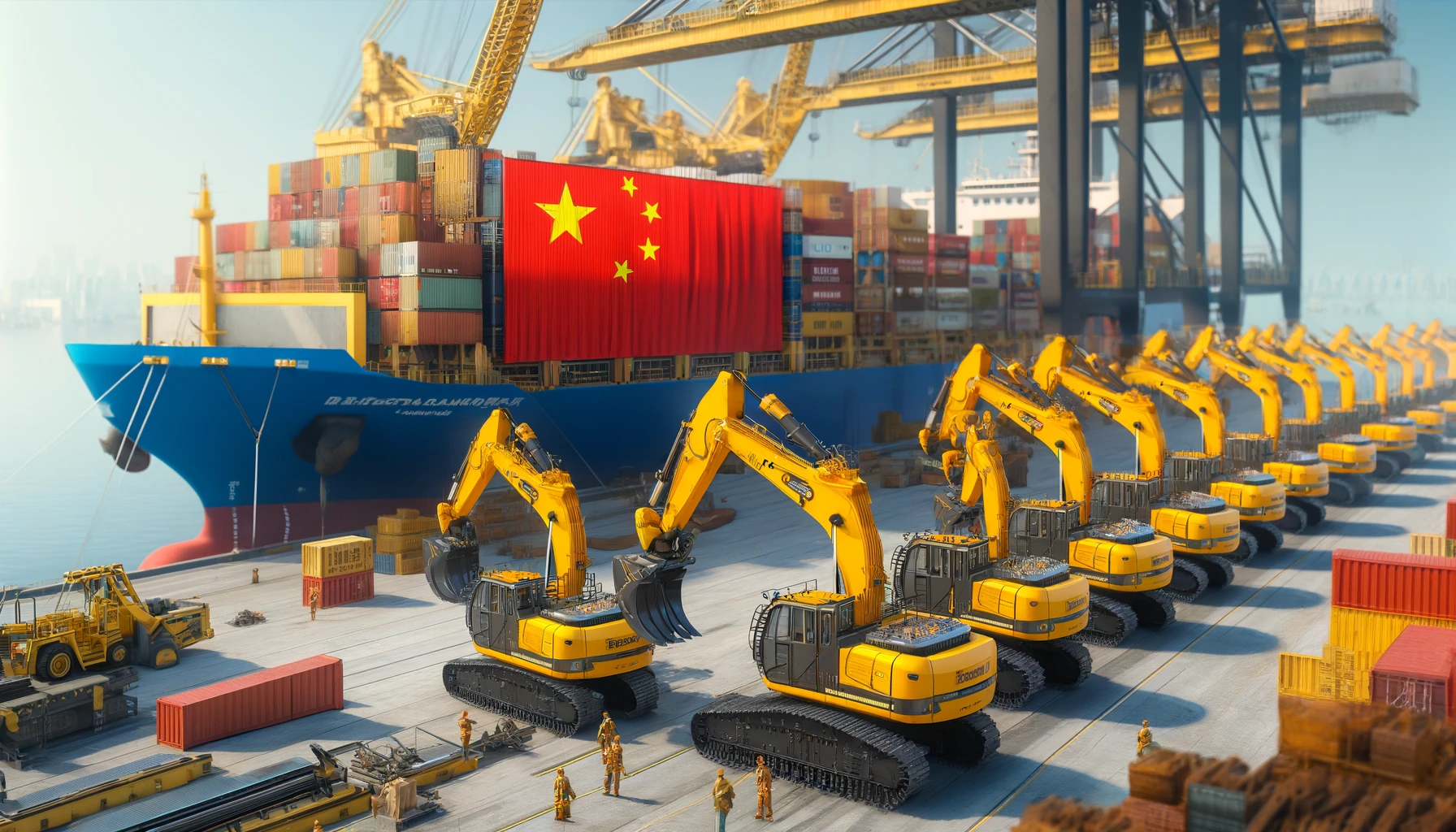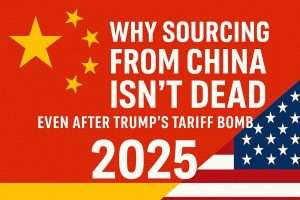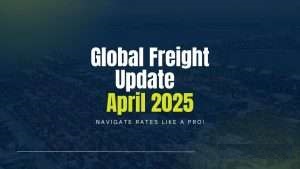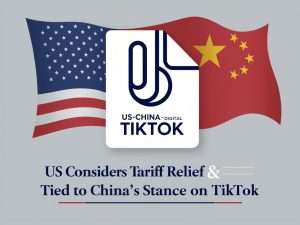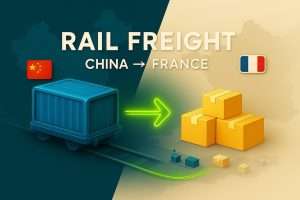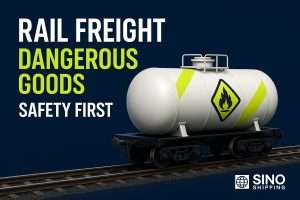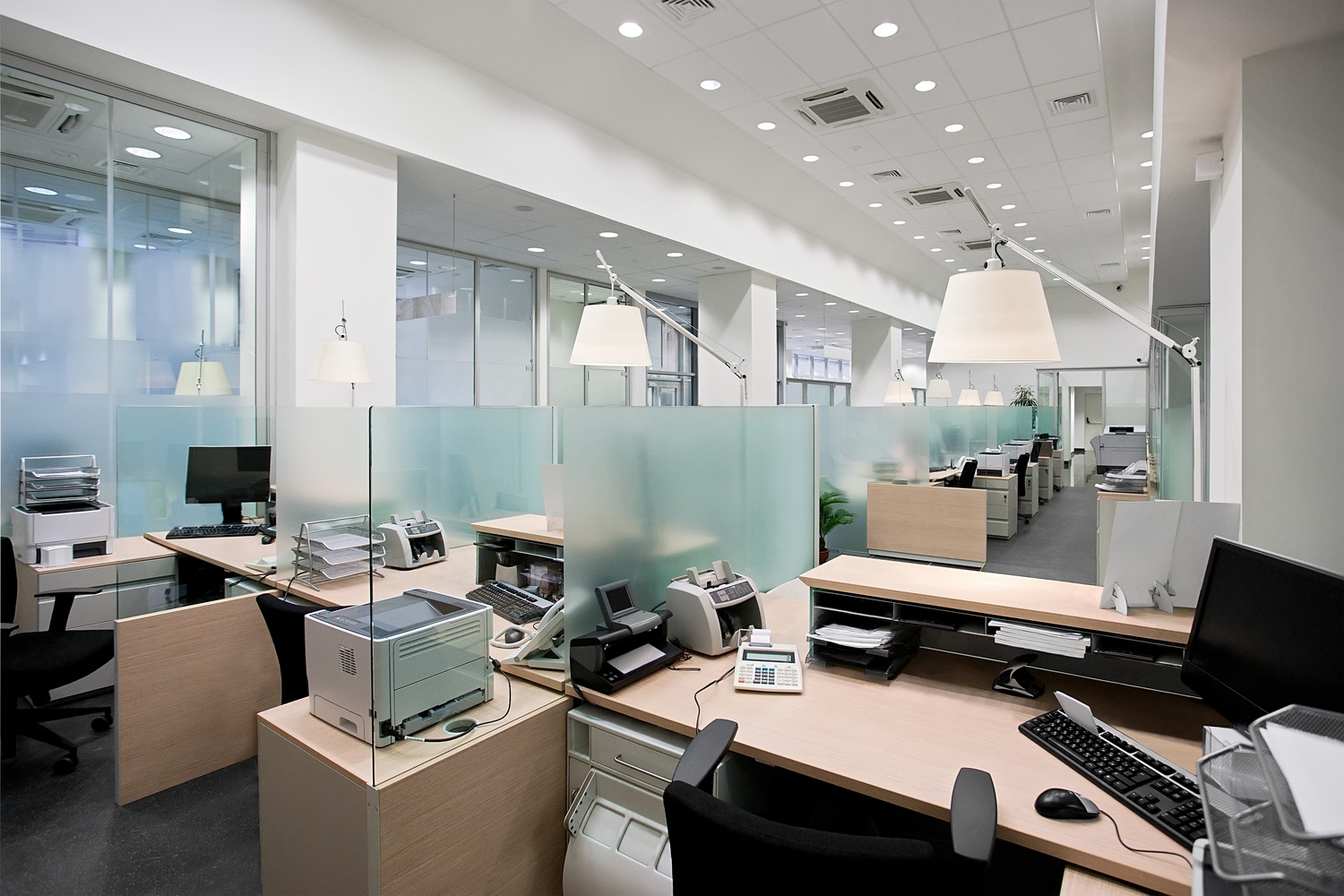Why Are Mini Excavators Essential in Modern Construction?
Why are mini excavators a staple on today’s construction sites? Their ability to maneuver in tight spaces and their efficiency make them invaluable. But where can you find the best value? Often, the answer is China—a leader in manufacturing robust, cost-effective construction machinery.
Importing mini excavators from China offers more than just lower costs—it opens access to advanced technology and diverse market options. By tapping into China’s manufacturing capabilities, companies can enhance their fleets affordably, gaining a competitive edge in the global market.
What is a Mini Excavator?
Defining the Mini Excavator
What distinguishes a mini excavator from other construction equipment? Designed to operate in confined spaces, mini excavators typically weigh between 1 and 10 tons. These machines are highly adaptable, equipped with a digging bucket and capable of supporting various attachments for different tasks.
Common Uses in Construction
Mini excavators are indispensable across diverse construction settings. They excel in projects requiring precise maneuvering such as in urban development, landscaping, and small-scale demolition. Their design allows them to operate close to walls and in restricted spaces, making them a top choice for projects in densely populated areas.
Advantages of Using Mini Excavators
The benefits of employing mini excavators are significant. Their small footprint minimizes ground disturbance, preserving the site integrity during operations. They also consume less fuel than larger excavators, offering economic efficiency with reduced operational costs. Furthermore, their portability simplifies logistics, as they can be easily transported on a trailer to various sites, enhancing project efficiency and reducing downtime.
Why Import Mini Excavators from China?
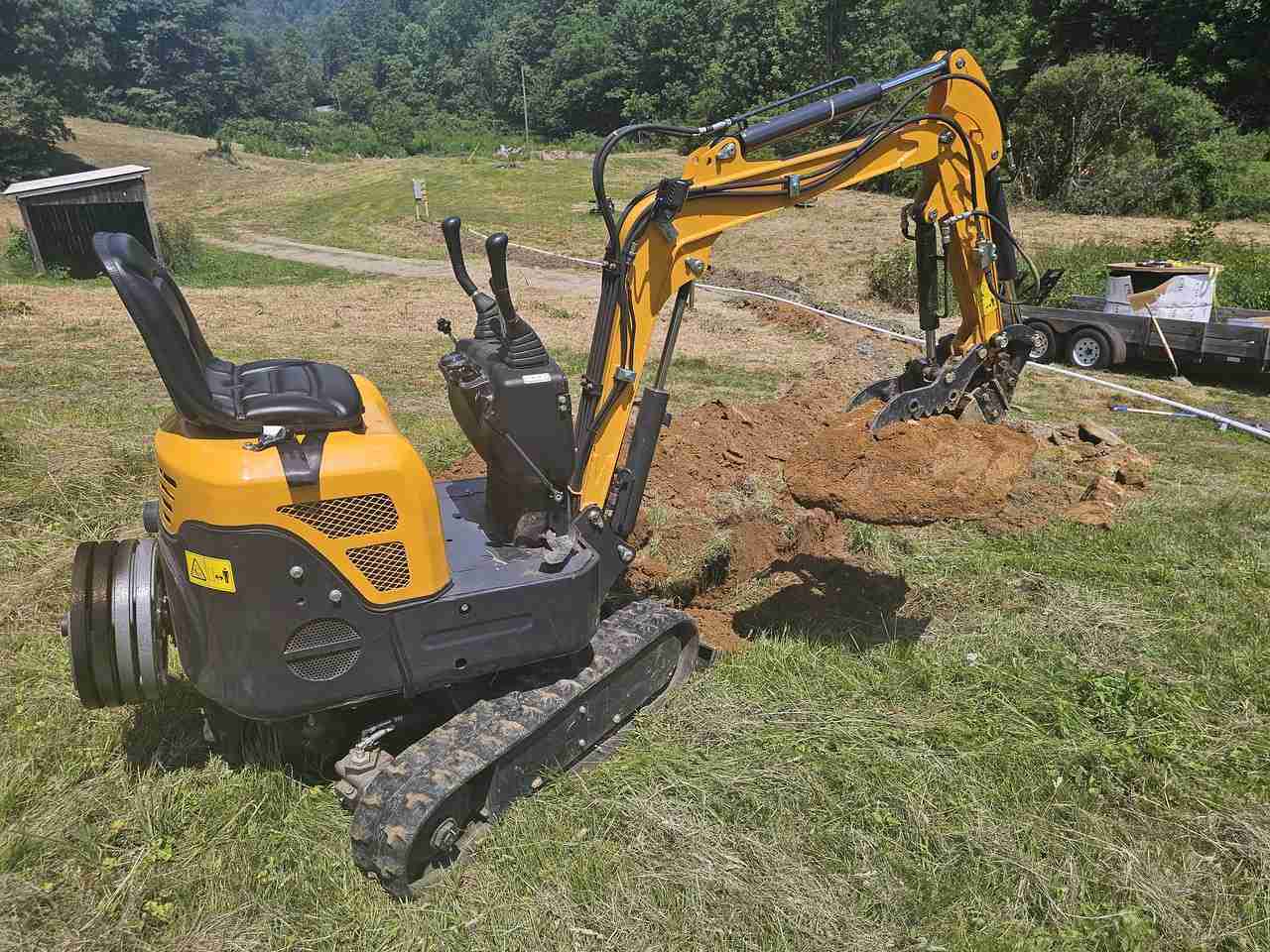
Cost-Effectiveness and Range of Options
Why do businesses around the world turn to China for mini excavators? The answer lies in the cost-effectiveness of Chinese products. Due to lower manufacturing and labor costs, Chinese mini excavators are typically 20-30% less expensive than their counterparts produced in Western countries. This price advantage doesn’t come at the expense of variety or quality. Chinese manufacturers offer an extensive range of models, from basic to highly advanced, catering to both simple and complex construction needs. This enables buyers to choose machines that not only fit their budget but also their specific project requirements.
Advancements in Chinese Manufacturing
How has Chinese manufacturing evolved to meet global standards? Over the past decade, significant investments in research and development have propelled advancements in the quality and capabilities of Chinese mini excavators. These machines now feature the latest in hydraulic technology and emissions control, aligning with stringent international safety and environmental standards. The integration of advanced manufacturing technologies has not only improved the performance but also the reliability of these excavators, making them a viable and competitive option in the global market.
Choosing the Right Mini Excavator Manufacturer in China
Criteria for Selecting Manufacturers
What should you look for when choosing a mini excavator manufacturer in China? The decision can significantly impact both the quality and reliability of the equipment and the overall success of your projects. Here are the key criteria to consider:
- Quality Assurance: Look for manufacturers that adhere to international quality standards such as ISO 9001. High-quality construction not only ensures durability but also the safety of operations.
- Reliability: Check the manufacturer’s track record in the market. Reliable manufacturers have positive reviews and testimonials from previous customers.
- Warranty and Support: A robust warranty indicates the manufacturer’s confidence in their product. Additionally, look for companies that offer comprehensive after-sales support.
Tips for Vetting Suppliers
How do you ensure that you’re choosing the best supplier from online platforms and trade shows? Vetting potential suppliers is crucial to finding a trustworthy partner. Here are some practical tips:
- Online Research and Reviews: Start by researching potential suppliers online. Look for customer reviews and ratings on platforms like Alibaba and Made-in-China. Positive feedback is a good indicator of reliability.
- Trade Shows: Attend industry-specific trade shows like the Bauma China or the China Import and Export Fair. These events provide a firsthand look at the products and allow you to meet the suppliers directly.
- Factory Visits: If possible, visit the factory to inspect their manufacturing processes and the quality control measures firsthand. This step is crucial for establishing a long-term partnership.
By following these guidelines, you can confidently select a mini excavator manufacturer in China that meets your requirements for quality, reliability, and customer support, ensuring a successful import experience.
Cost of Mini Excavators from China
| Cost Component | Details | Cost Range |
|---|---|---|
| Purchase Price | Depending on size and features | $1,500 to $10,000 |
| Shipping Costs | – Sea Freight: Depending on destination port and shipping terms | $2,000 to $5,000 |
| – Air Freight: Depending on weight and dimensions | $10,000 or more | |
| Customs Duties and Taxes | Typically based on the CIF value, varies by country’s tariff codes | 5% to 25% |
| Insurance | Based on the equipment’s value | 1% to 3% |
| Handling Fees | Includes port handling and inland transportation | $500 to $1,000 |
Steps to Import Mini Excavators from China
| Step | Phase | Key Actions | Details |
|---|---|---|---|
| 1 | Pre-Purchase Communication | Initial Contact | Establish communication with potential suppliers via email or platform messaging to clarify your requirements for mini excavator models, quantities, and specifications. |
| 2 | Pre-Purchase Communication | Understand Market | Conduct research to understand the average market prices and common terms for mini excavators in China to prepare for effective negotiation. |
| 3 | Pre-Purchase Communication | Negotiation Strategy | Engage in negotiations concerning pricing, payment terms, and lead times. Utilize knowledge of market standards to discuss terms confidently. |
| 4 | Pre-Purchase Communication | Cultural Considerations | Adapt communication and negotiation tactics to align with Chinese business etiquette and culture to facilitate smoother interactions and rapport building. |
| 5 | Purchasing Agreement | Agreement Drafting | Ensure the purchase agreement thoroughly documents the product specifications, including model numbers, sizes, attachments, and any specific custom features required. |
| 6 | Purchasing Agreement | Define Incoterms | Decide on the appropriate Incoterms, like CIF or FOB, that will govern the delivery and shipment responsibilities between you and the seller. |
| 7 | Purchasing Agreement | Finalize Payment Terms | Agree on secure payment terms that often include a deposit to commence the manufacturing or shipment, with the balance due upon receipt of goods or as per agreed milestones. |
| 8 | Purchasing Agreement | Contract Signing | Review and sign the contract to formalize the purchase, ensuring all parties understand their obligations and rights as stipulated in the agreement. |
Pre-Purchase: Communication and Negotiation with Suppliers
How can you set the stage for a successful import of mini excavators from China? Effective communication and negotiation with your chosen suppliers are crucial. Here are essential steps to ensure clarity and precision from the outset:
- Initial Contact: Reach out via email or platform messaging to establish communication. Provide clear specifications of what you need in terms of mini excavator models, quantities, and custom features.
- Negotiation Strategy: Be prepared to discuss pricing, payment terms, and lead times. Knowing the average market prices and common terms can give you leverage in negotiations.
- Cultural Considerations: Understanding and respecting Chinese business culture is vital. Building rapport and showing respect can facilitate smoother negotiations.
Purchasing: Securing a Purchase Agreement and Terms (Incoterms)
What are the key components of a solid purchase agreement when importing mini excavators? Finalizing a purchase agreement is a critical step in safeguarding your investment. Here are the details you need to nail down:
- Detailed Specifications: Ensure your agreement includes precise details about the mini excavators, such as model numbers, sizes, attachments, and any custom features.
- Incoterms: Decide on the appropriate International Commercial Terms (Incoterms) that define the responsibilities of buyers and sellers regarding the delivery of goods. Common terms for heavy equipment imports include CIF (Cost, Insurance, and Freight) and FOB (Free on Board).
- Payment Terms: Agree on payment terms that protect both parties. Common practices include a deposit upfront with the balance due upon shipment or after receiving the goods.
By meticulously managing these aspects, you can ensure a smooth and secure transaction process, minimizing potential risks and misunderstandings during the import of mini excavators from China.
The Role of HAI International Holding as Your Freight Forwarder
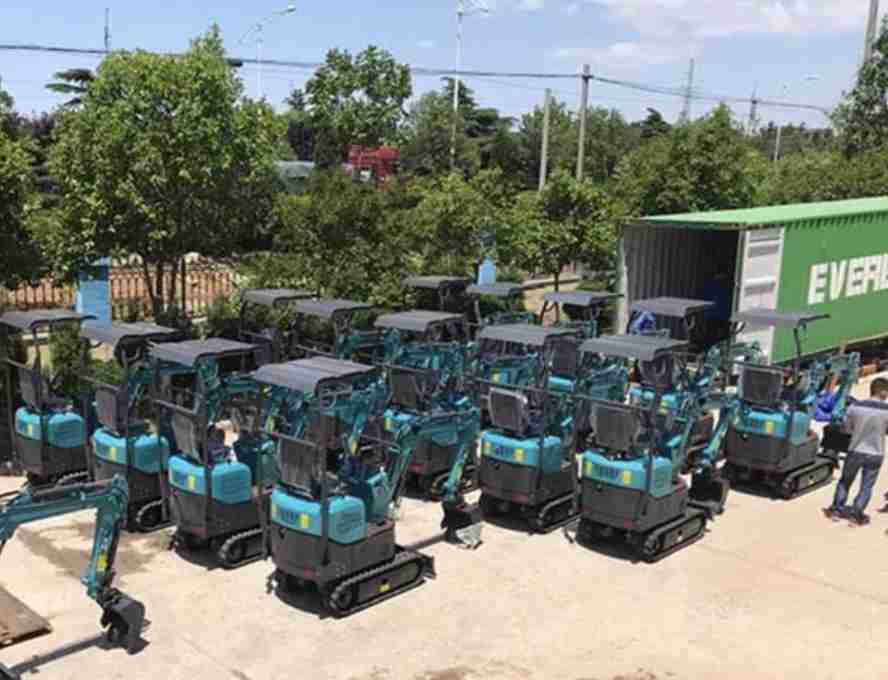
Why Choose HAI International Holding for Your Heavy Machinery Needs?
Are you looking for a freight forwarder who understands the nuances of heavy machinery logistics? HAI International Holding specializes in the international transport of heavy equipment, providing tailored solutions that ensure safe, efficient, and cost-effective delivery of mini excavators from China to your doorstep.
Introduction to HAI International Holding
What sets HAI International Holding apart in the realm of heavy machinery shipping? With years of experience, HAI International Holding has built a robust reputation for handling complex logistics challenges associated with heavy equipment:
- Expertise: HAI International Holding has a deep understanding of the regulations and requirements specific to heavy machinery transport.
- Network: Strong relationships with shipping lines and port authorities worldwide ensure smooth transit and customs clearance.
- Equipment Handling: Specialized equipment and handling techniques to manage the size and weight of heavy machinery safely.
Specific Services Benefiting Mini Excavator Importers
How does HAI International Holding tailor its services to benefit mini excavator importers specifically? Their service suite is designed to address the unique challenges of transporting such equipment:
- Customs Clearance Assistance: Navigating the complex paperwork and regulations for importing heavy machinery can be daunting. HAI International Holding offers expert customs brokerage to streamline the process.
- Flexible Shipping Options: Whether it’s containerized, Roll-on/Roll-off (RoRo), or flat rack, HAI International Holding provides various shipping methods tailored to the size and requirements of your mini excavators.
- Logistics Support: From pick-up at the manufacturer’s warehouse to delivery at your chosen site, HAI International Holding coordinates the entire logistics chain, ensuring timely and secure delivery.
By utilizing HAI International Holding for your mini excavator imports, you gain a partner that not only understands the importance of your investment but also ensures it reaches its destination safely and efficiently.
Logistics Planning and Management for Mini Excavator Imports
How Does Effective Logistics Enhance Mini Excavator Importing?
When importing mini excavators from China, understanding and managing the logistics effectively can be the difference between a profitable investment and a logistical nightmare. Efficient logistics planning ensures that your heavy machinery arrives safely, on time, and within budget.
Overview of Logistics from China to Destination
What does the logistics process involve when importing mini excavators from China? The journey from the manufacturer to your site includes several critical steps:
- Route Planning: Identifying the most efficient and cost-effective routes from the factory to the nearest port, and from the destination port to the final site.
- Transport Mode Selection: Choosing the best mode of transport based on cost, time, and equipment size. This could involve a combination of road, rail, and sea transport.
- Documentation and Compliance: Ensuring all necessary shipping documents are accurately prepared and that the shipment complies with international shipping laws and regulations.
Types of Shipping Options
What are the best shipping options for mini excavators? Depending on the size and urgency of the shipment, you might consider several methods:
| Shipping Option | Description | Advantages | Considerations |
|---|---|---|---|
| Container Shipping | Mini excavators are shipped using standard 20-foot or 40-foot containers, providing protection against weather and sea conditions. | Security, availability of equipment, ease of inland transportation. | Size limitations; larger excavators may require disassembly. |
| Roll-on/Roll-off (RoRo) | Ships designed to allow fully assembled machinery to be driven on and off. | Minimizes the need for disassembly and reassembly, reducing potential damage and costs. | – |
| Flat Rack Shipping | Used for oversized excavators that cannot fit in standard containers. | Accommodates larger equipment without the need for disassembly. | Higher cost and limited protection from environmental factors. |
| Consolidation Opportunities | Combining shipments with other goods to fill container loads more economically. | Cost efficiency for smaller shipments. | Potentially longer transit times due to additional logistics planning. |
Selecting the right shipping option requires balancing cost, transit time, and the physical needs of the equipment. Effective logistics management by experienced operators like HAI International Holding can help navigate these choices, ensuring that your mini excavators are transported efficiently and safely from China to your operations.
Customs, Duties, and Regulatory Compliance
Detailed Explanation of the Customs Process
Navigating the customs process is a crucial step in importing mini excavators from China. How does this process unfold? Initially, it involves several key actions:
- Documentation Preparation: Gather all necessary documents such as the Bill of Lading, Commercial Invoice, Packing List, and Certificate of Origin. These documents must accurately reflect the cargo’s details to avoid delays.
- Customs Broker Engagement: Engage a skilled customs broker familiar with construction equipment imports to facilitate the process. They can help interpret complex regulations and ensure compliance.
- Duty Payment: Calculate and pay the required customs duties based on the Harmonized Tariff System (HTS) classification of the mini excavators. Duty rates can vary significantly based on the equipment type and country of origin.
- Compliance Verification: Ensure that the mini excavators meet all import regulations and standards for emissions, safety, and use. Non-compliance can result in denied entry, fines, or other penalties.
By understanding and preparing for each of these steps, importers can streamline their customs clearance, reducing the risk of costly delays and legal issues.
Important Duties and Regulations Affecting Mini Excavators
What specific duties and regulations should importers be aware of when importing mini excavators into their country? Here are some of the most critical considerations:
- Tariff Classifications: Mini excavators fall under specific tariff codes, which determine the customs duties. Misclassification can lead to incorrect duty payments and legal challenges.
- Environmental Standards: Many countries enforce strict environmental regulations concerning emissions from diesel engines. Ensuring that imported mini excavators comply with these standards is essential to avoid fines and facilitate smooth entry.
- Safety Regulations: Compliance with safety standards is mandatory. This includes aspects like noise levels, operator protection, and machinery stability.
- Local Regulations: Some regions may have additional requirements, such as inspections or certifications specific to construction equipment. Being well-informed about these local nuances is vital.
Staying informed about and compliant with these duties and regulations not only ensures legal entry of the mini excavators but also protects the importer from potential legal and financial repercussions
Shipping Options and Considerations
Decision-making between Sea Freight and Air Freight
When importing mini excavators, choosing between sea freight and air freight involves weighing several factors. What are the key considerations?
- Cost: Sea freight is typically much more cost-effective compared to air freight, especially for heavy and bulky items like mini excavators.
- Time: Air freight is faster than sea freight, which can be crucial if the equipment is urgently needed. However, the speed comes at a higher price.
- Safety: Both options are generally safe, but sea freight may pose higher risks of delays due to weather conditions or port congestion. Air freight, while faster, has stricter regulations regarding the size and weight of shipments.
Each shipping method has its trade-offs, and the choice should align with the importer’s priorities regarding cost, delivery time, and risk tolerance.
Cost, Time, and Safety Considerations for Each Option
Here’s a breakdown of each aspect:
- Cost: Air freight can cost 4-6 times more than sea freight. However, the total logistics cost must also consider warehousing and holding fees, which are typically lower with faster air shipments.
- Time: Sea freight might take several weeks, depending on the route, while air freight usually completes within a few days.
- Safety: Sea freight ships are well-equipped to handle heavy machinery securely, but longer transit times increase the exposure to potential hazards. Air freight reduces the time your cargo is in transit, potentially lowering the risk of theft or damage.
Understanding these factors helps in making an informed decision that best suits the business needs and project timelines.
Risk Management in Importing Mini Excavators
Common Risks and Challenges in the Import Process
Importing mini excavators is not without its challenges. What are some of the common risks involved?
- Supply Chain Delays: Issues such as manufacturing delays, shipping backlogs, and customs hold-ups can affect timelines.
- Damage During Transit: Improper handling or accidents can lead to damage to the excavators, affecting their operational capacity.
- Regulatory Compliance: Failing to comply with import regulations and standards can result in fines, delays, or confiscation of the equipment.
Identifying these risks is the first step towards managing them effectively.
Strategies to Mitigate These Risks Effectively
How can these risks be minimized?
- Insurance: Obtain comprehensive insurance that covers damage and loss during transit.
- Quality Logistics Partners: Partner with reputable logistics providers who understand the nuances of shipping heavy machinery.
- Regulatory Knowledge: Stay informed about the importing country’s regulations and standards. Employing a customs broker can help navigate this complex area.
- Quality Checks: Conduct quality checks before and after shipping to ensure that the equipment meets the required specifications and is in good condition.
By implementing these strategies, importers can safeguard their investments and ensure a smoother importing process.
Post-Arrival Procedures
What Happens After Your Mini Excavator Arrives?
Once your mini excavator arrives at its destination, several critical steps must be followed to ensure a smooth transition to operational status:
- Inspection Upon Arrival: Immediately inspect the equipment for any signs of damage incurred during transit. This step is crucial for validating insurance claims and ensuring the unit is in expected condition.
- Customs Clearance: Process all necessary customs documentation to clear your mini excavator. This may involve paying applicable duties and ensuring compliance with local regulations.
- Final Delivery: Arrange for the delivery from the port to your facility. This step often requires specialized transportation methods due to the size and weight of the equipment.
Setup and Operational Testing
Before deploying the mini excavator for commercial use, what essential tests and setups are necessary?
- Assembly and Setup: If the mini excavator was shipped disassembled, professional assembly might be required. Ensure that all components are securely fitted.
- Operational Testing: Conduct comprehensive operational tests to verify that all functions are performing correctly. This includes checking the hydraulic system, engine operation, and safety features.
Cost Analysis: Importing Mini Excavators
Breaking Down the Costs
What are the comprehensive costs involved in importing a mini excavator? Understanding all expenses helps in planning and budgeting:
- Purchase Price: The initial cost of the mini excavator from the manufacturer.
- Shipping Costs: Includes freight charges, insurance, and any additional fees related to the chosen shipping method.
- Customs Duties and Taxes: Depending on the country, these can significantly affect the total cost.
- Unloading and Assembly Costs: Costs incurred at the destination for unloading and assembling the equipment if necessary.
Tips for Cost-Saving and Budget Optimization
How can you minimize expenses and optimize your budget during the import process?
- Compare Shipping Options: Evaluate different shipping methods for cost efficiency based on the size and urgency of the equipment.
- Negotiate Supplier Terms: Work on getting favorable payment terms and possibly discounts for bulk purchases.
- Plan for Customs: Be aware of potential duties and taxes and include them in the budget planning to avoid surprises.
Best Practices for Long-Term Success
Maintaining Relationships with Chinese Suppliers
Why is nurturing relationships with your Chinese suppliers crucial for long-term success?
- Reliability and Trust: Strong relationships lead to better service and reliability.
- Negotiation Leverage: Good rapport can provide leverage in future negotiations for better prices or terms.
- Insider Knowledge: Maintaining a good relationship can give you access to market insights and upcoming trends in China.
Managing Ongoing Logistics and Supply Chain Issues
What strategies can ensure smooth logistics and supply chain management?
- Regular Communication: Keep in touch with your logistics providers to stay informed of any changes or delays that could impact your operations.
- Backup Plans: Have contingency plans in place to handle disruptions in the supply chain.
- Technology Integration: Use technology to track shipments and manage inventory more efficiently, reducing overhead costs and improving response times.
By adhering to these practices, businesses can not only ensure a successful importation of mini excavators but also sustain and grow their operations effectively in the long term.
FAQ Section
Is it safe to import mini excavators from China?
Absolutely, as long as you partner with reputable manufacturers and engage experienced freight forwarders like HAI International Holding, the process is generally very secure.
What are the typical costs involved in importing a mini excavator from China?
Costs can vary widely but generally include the purchase price, shipping fees, customs duties, and potential assembly costs. Engaging a freight forwarder can help optimize these expenses.
How long does it take to import a mini excavator from China?
Transit times depend on the shipping method (sea or air) and your location, but typically range from a few weeks to a couple of months.
What should I do if my equipment arrives damaged?
Immediately report the damage to the shipping company and your insurance provider. It's crucial to inspect your shipment upon arrival and before the delivery team leaves to facilitate claims.
Can HAI International Holding handle the entire process of importing from China?
Yes, HAI International Holding can manage the entire logistics chain from the manufacturer to your doorstep, including all documentation and customs clearance.
Is it safe to import mini excavators from China?
Yes, with reliable manufacturers and experienced freight forwarders like HAI International Holding, importing machinery is secure. Ensuring that the supplier meets international quality standards adds an extra layer of trust.
What are the typical costs involved in importing a mini excavator from China?
Costs include the purchase price, shipping and insurance fees, customs duties, and any additional charges related to logistics and handling. Detailed cost breakdowns from HAI International Holding can help anticipate expenses better.
How long does it typically take to import a mini excavator from China?
The timeline can vary based on shipping method and destination. Sea freight might take several weeks, while air freight is faster but more expensive. Planning with HAI International Holding can provide more precise estimates.
What should I do if my equipment arrives damaged?
Report any damage to the shipping company and your insurance provider immediately. Conducting a thorough inspection upon arrival is critical for processing insurance claims effectively.

